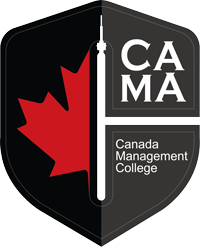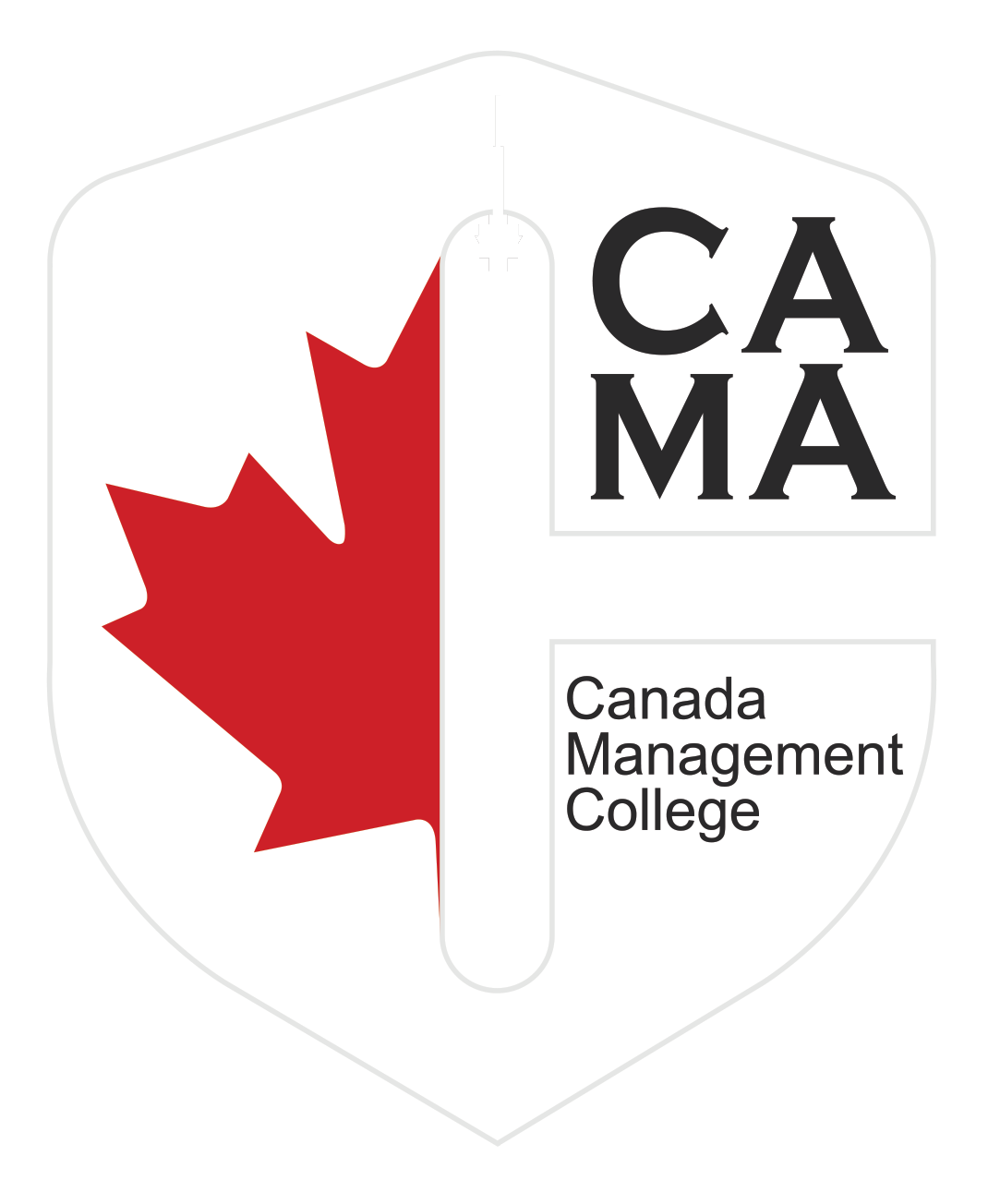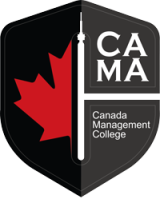Project Management Mastery
In Project Management Mastery Expert Course, a thoroughly compiled assortment of theoretical and practical knowledge and expertise will be offered to the …
What you'll learn
Introductory Remarks
Becoming familiar with the basics such as the fundamental definitions, history, significance, evolution, and terminology of the topic in order to foster an efficient educational experience
Advanced Project Management Methodologies
Gaining dominance upon expert-level project management methods, approaches, and procedures such as Waterfall, Lean, PRINCE2, Six Sigma, and Agile – as well as frameworks thereof like Scrum and Kanban – so as to choose and use the most suitable option based on all facets of the project itself
Strategic Planning
Formulating short-, medium-, and long-term plans in a purposeful harmony with resources and objectives of the business using approaches like PESTLE, Work Breakdown Structure (WBS), Program Evaluation and Review Technique (PERT), Critical Path Method (CPM), Critical Chain Project Management (CCPM), and others
Risk Assessment and Mitigation
Guaranteeing ceaselessly seamless project management mastery by identifying, evaluating, and prioritizing risks to minimize their impact, not to mention doing so using approaches such as Risk Avoidance, Risk Acceptance, Risk Transfer, and Risk Control as well as methods like the use of a risk matrix and conducting continuous monitoring
Engagement Strategies
Interacting with each stakeholder, employee, interested party or decision-maker based on their characteristic details to ensure optimized engagement using approaches based on assertiveness, accommodativeness, and collaborativeness in addition to methods such as Stakeholder Analysis, Communication Planning, Stakeholder Mapping, and so on
Performance Measurement and Project Evaluation
Assessing project effectiveness and advancement toward its goals by systematically gathering and analyzing data using concepts, methods, and approaches like Key Performance Indicators (KPIs), 360-degree Feedback, Earned Value Management (EVM), Post-project Evaluation, Benchmarking, etc.
Organizational Transformation and Change Management
Using strategies to facilitate significant changes within a business using approaches like Kurt Lewin's Change Model, ADKAR Model, Prosci's Change Management Methodology, McKinsey 7-S Framework, Bridges' Transition Model, and the like
Technological Tools of Project Management
Learning about the vast and constantly expandable world of technological, digital and/or online tools that directly or indirectly influence Project Management, tools ranging from Gantt charts, time-tracking tools, cloud storage solutions, etc. to various Project Management softwares like Microsoft Project, Asana, Trello, etc.
Conclusion
Following the methodological uniqueness and methodical tendencies in educational approaches of CAMA College, bringing the course to a proper conclusion and getting the whole picture by reviewing what was thoroughly taught and thought throughout the course so as to fortify its effectiveness for the participants



